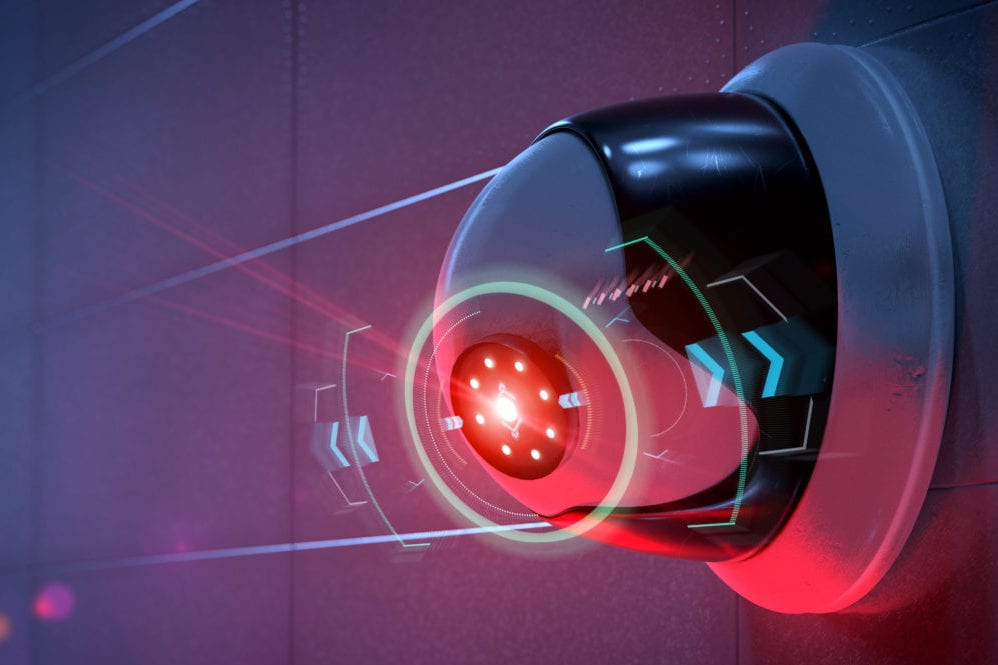
When it comes to accommodations options, vacation rentals lag behind hotels in one important area: safety.
Based on our recent research, over two-thirds of private accommodations still use traditional keys in order to grant access to a property, while hotels moved to disposable key cards decades ago, and many even allow guests to unlock their rooms with a smartphone app. In addition, hotels commonly use exterior cameras, which help guests feel more comfortable when entering the property and leaving their cars overnight.
The lack of such safety features in private rentals is not lost on travelers. According to new research from Morgan Stanley, 13 percent of people who do not use Airbnb cite safety as their primary reason for avoiding that accommodations service. Teresa, a private accommodation traveler I talked to for this piece, put it this way:
“That property I recently stayed at used an old lockbox with the same code for everyone to get the key out of. Mortified by how many people had access to—and could have potentially copied—the same key, I asked [the owner] if she ever thought of switching to a smart lock. She almost bit my head off because, apparently, sharing a lockbox code to a key that can be copied is much safer than a ‘smart lock that can be hacked.’ I truly was mortified to hear that.”
Until the recent gains in awareness of rentable private accommodations, driven primarily by Airbnb and online travel agencies, this niche industry didn’t consider itself to be in direct competition with hotels. That mindset is changing. Travelers today view private accommodations in the same search sessions as chain hotels, and they expect certain features, like safety, to be standard in both types of lodging. Even in standing out from hotels, vacation rentals need to offer a comparable level of security.
If you think online travel agencies and rental platforms will cover any safety-related claims, you may be in for a shock. Properties are independent of the platforms, and thus the latter can avoid liability claims related to safety breaches.
Thus far, many property owners and managers have swept safety concerns under the rug, calling them unavoidable or too costly to correct. But with the growth in safety awareness among guests, that attitude is changing. Fortunately, property managers and owners can put consumers’ minds at ease without introducing new problems such as hacking.
Install Keyless Locks
To create more secure properties, start with the easiest step: installing keyless locks. The right locks should only allow the right person to enter the right property at the right time. They also give the property manager the ability to revoke or grant access at a moment’s notice. Deadbolts carry a slight advantage over lever locks, given lever locks’ greater vulnerability to forced break-ins.
Proper keyless locks should enable control of the lock in a secure, encrypted manner, which provides a far more secure experience than a lockbox and a mechanical key. Customers are assured that no one with a copied key will break in while they occupy the property. At the same time, property managers are spared the hefty cost (around $150 per instance) of rekeying the lock every time the property turns over.
Increase Visibility
Exterior cameras, such as driveway and doorbell cameras, are another feature that can add extra security to your property. These devices notify you when someone arrives at a property that should be unoccupied, thereby helping to deter theft. In addition, visible cameras—outside only, of course—provide more cautious guests with a sense of comfort.
You can also use plug-in modules and light switches to simulate occupancy in an unoccupied residence by having lights turn on and off automatically. Door and window sensors can ensure that entryways aren’t left open when guests leave.
Smart home devices like these are rapidly becoming more common, so guests will continue to grow more comfortable with their presence. Coldwell Banker reports that the implementation of smart home tech increased by 33 percent in 2017, and more growth is on the way. If the vacation rental industry intends to survive in a more competitive vacationer market, property owners must adopt more secure technology to assure travelers that their hosts take safety seriously.
Sean Miller is president of PointCentral, a subsidiary of Alarm.com and the leader in smart home automation solutions for long-term and short-term managers of single-family and multifamily rental properties. Outside of having a lifelong passion for technology, Mr. Miller has almost ten years of professional experience with B2B and B2C IoT/home automation technology, having previously led global sales and business development for Wemo, Belkin’s home automation business unit, and launched Mobile Link, a cellular-based internet connectivity service for generators, at Generac Power Systems.

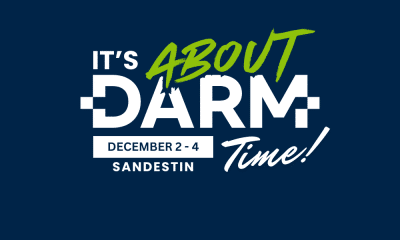


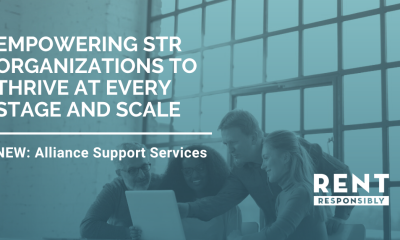
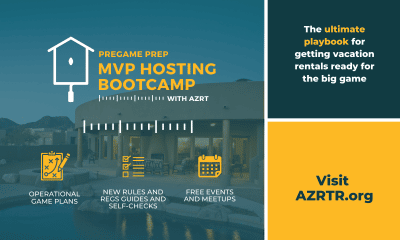

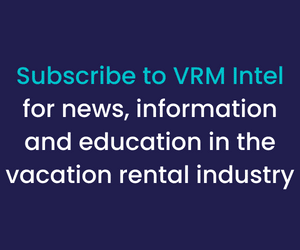





Nice article and developing business.
LOVE my keyless deadbolt entry door lock! I never have to worry about getting locked out. I can go kayaking on the lake and not need to bring keys with me. I have one that can store 19 codes. For Guests: I program in the last 4 digits of their cell# so they know their code, and delete it the day after they leave (if they forgot something and turn back to get it they can access the house still).
I think it’s important that we distinguish between “Safety” and “Security” in the vacation rental industry as both are completely different in my opinion.
Safety is the condition of being protected from or unlikely to cause danger, risk, or injury.
Security is free from danger.
While one needs safety in place to be secure – as it applies to the vacation rental industry – safety should refer to components within the rental that ensure a safe stay is possible – like smoke detectors, railings to code, pool alarms, egress points, etc. Security should apply to things such as lockable windows and doors, knowing who the neighbors are, being in a good neighborhood, etc.
In that respect – this was a great article on “Security” but has nothing to do with Safety.